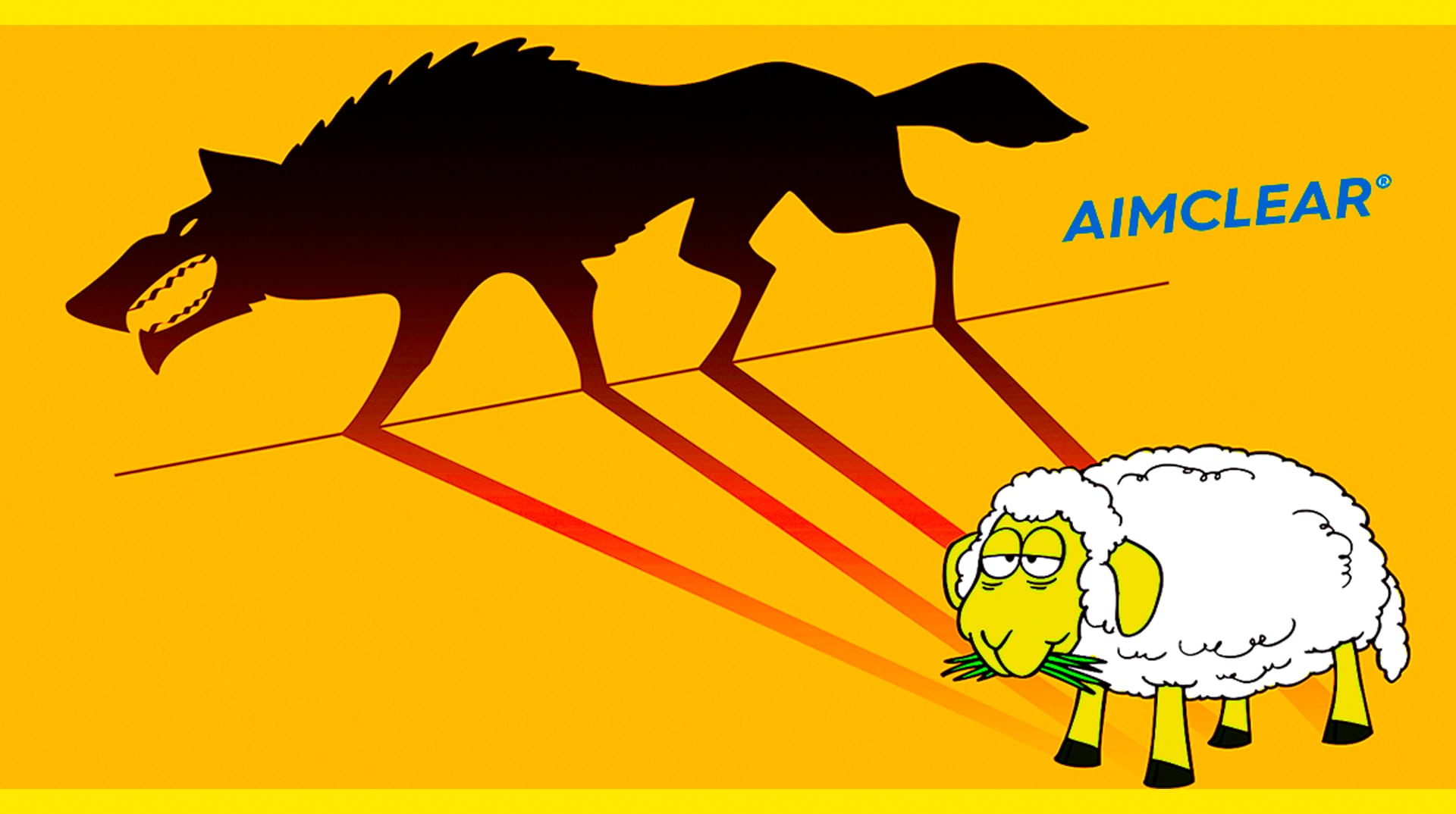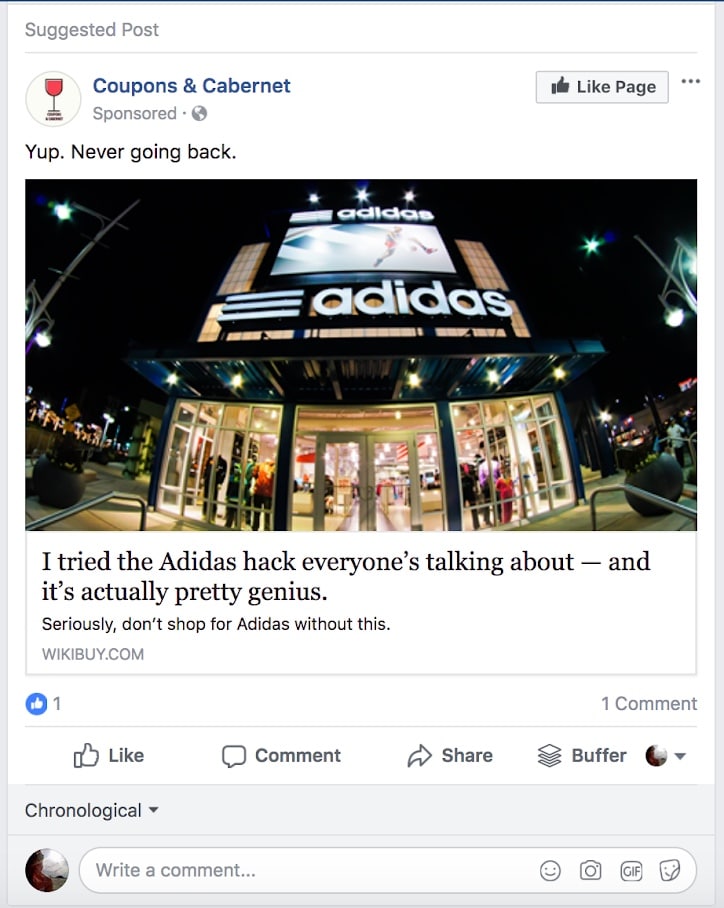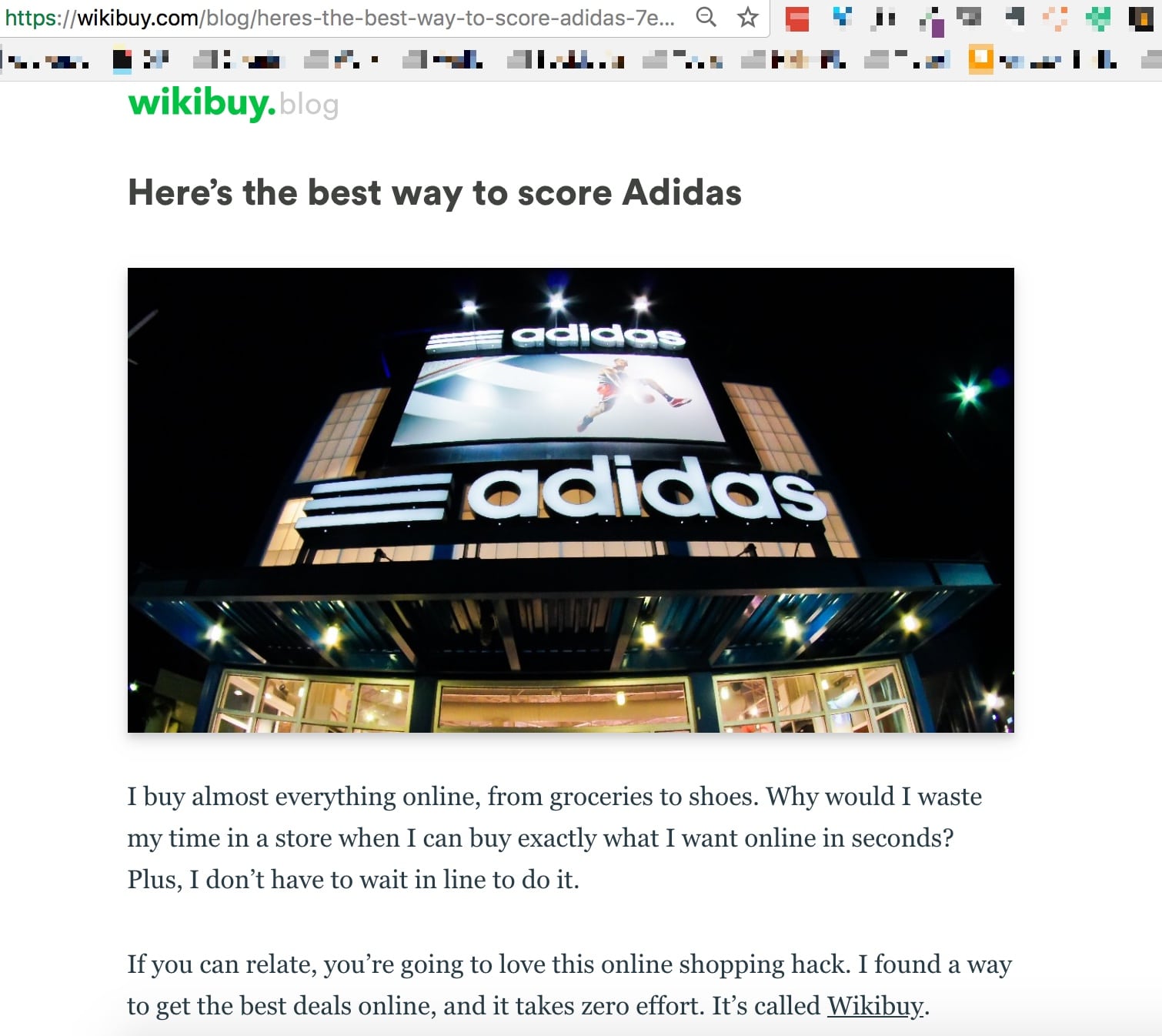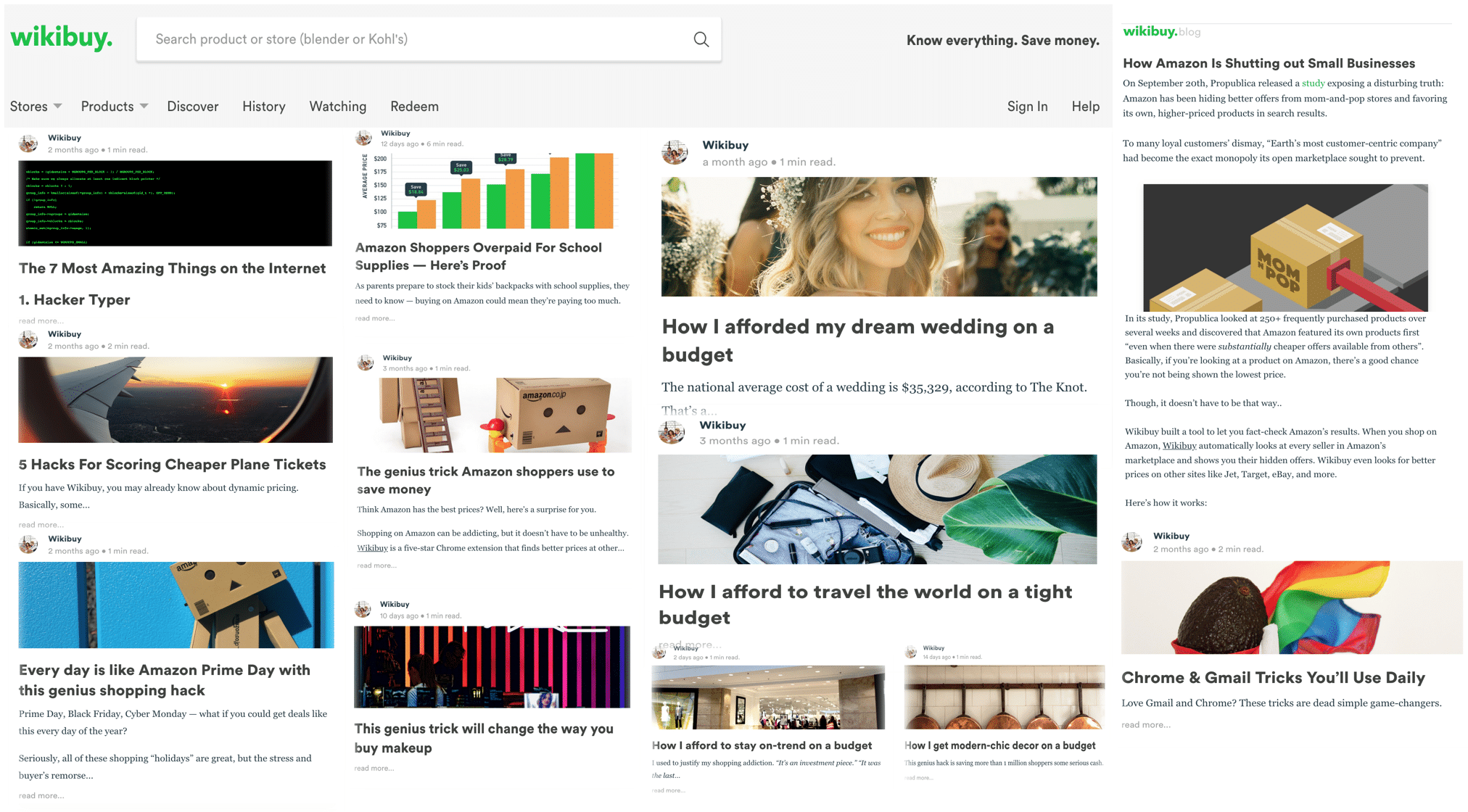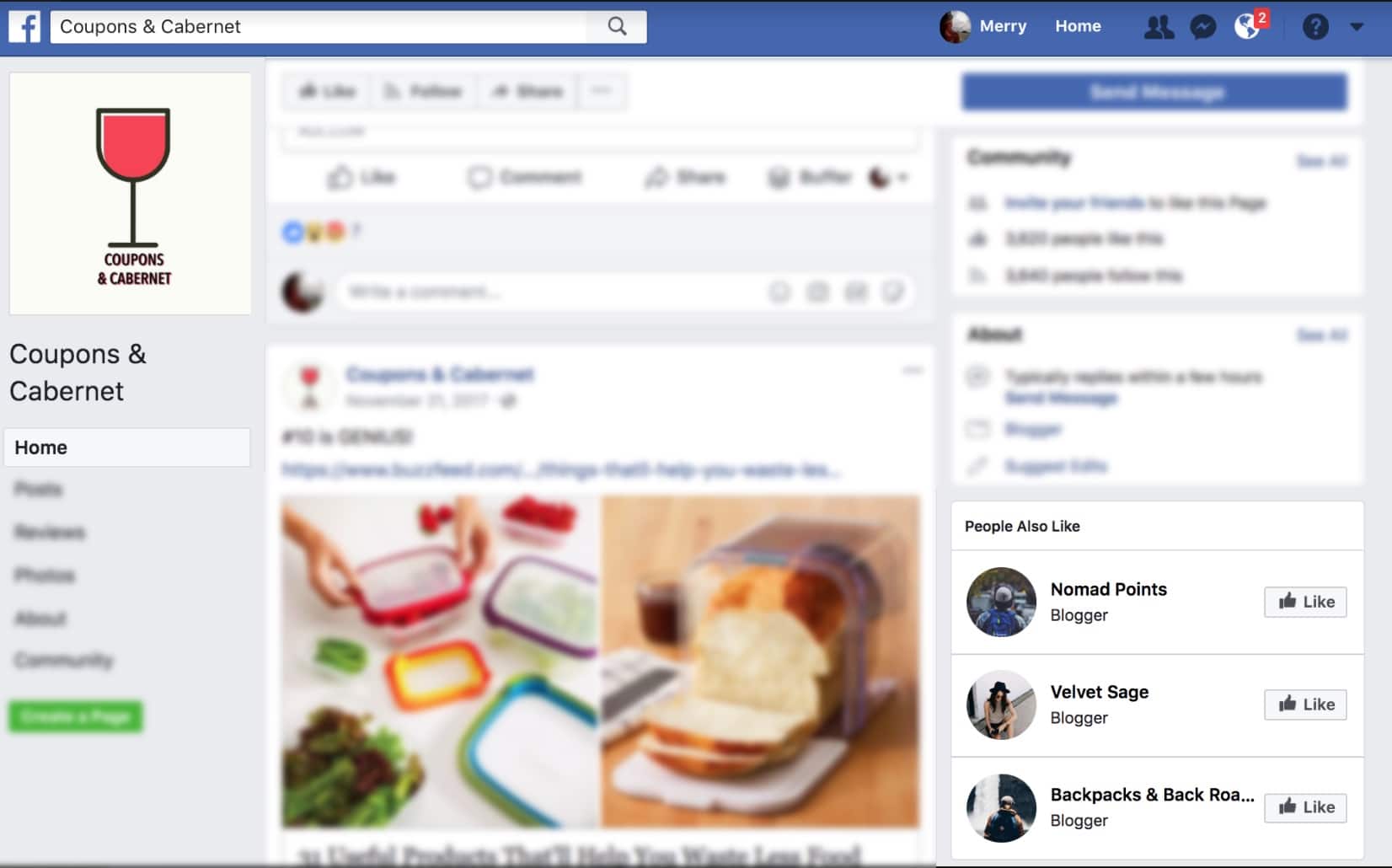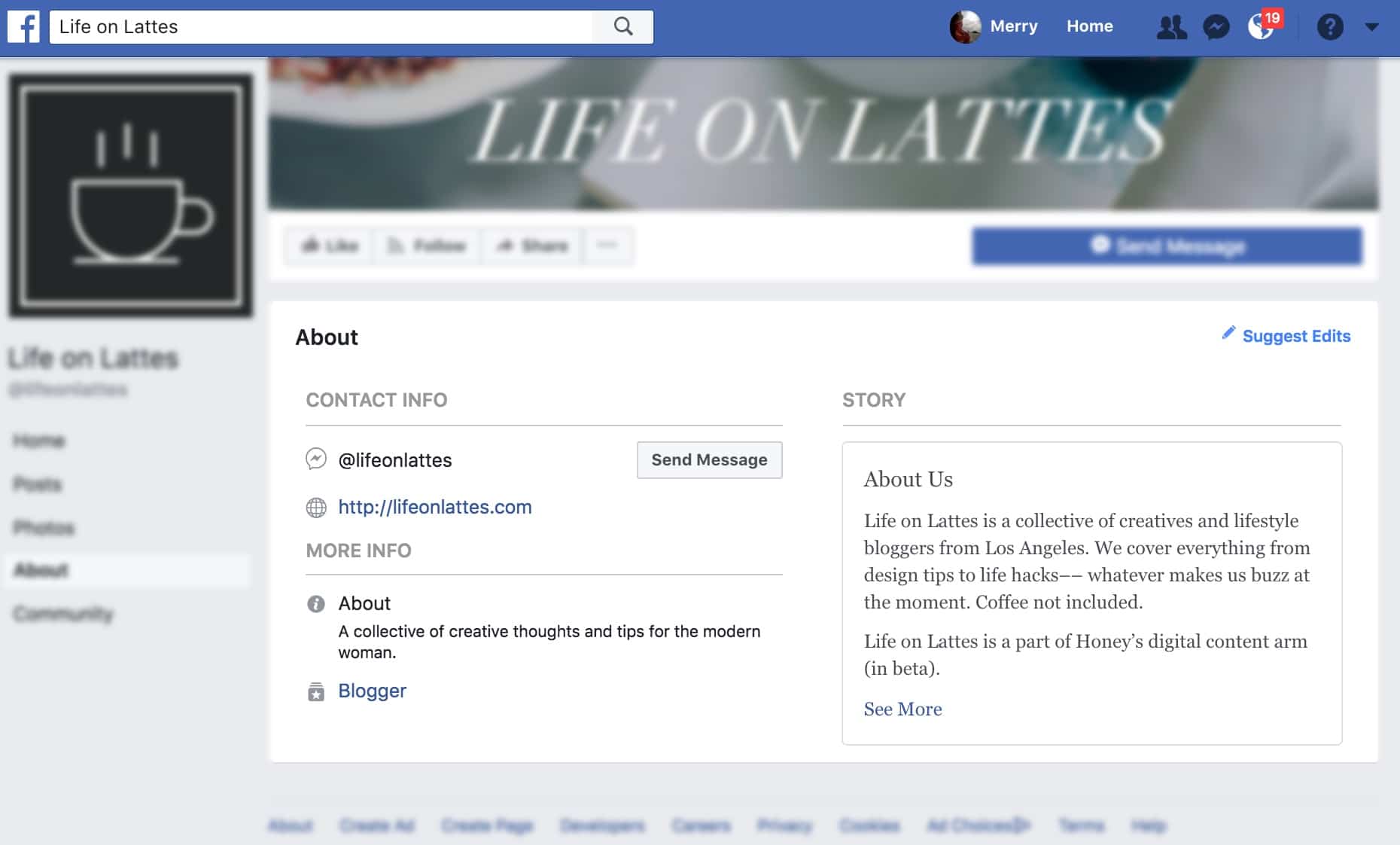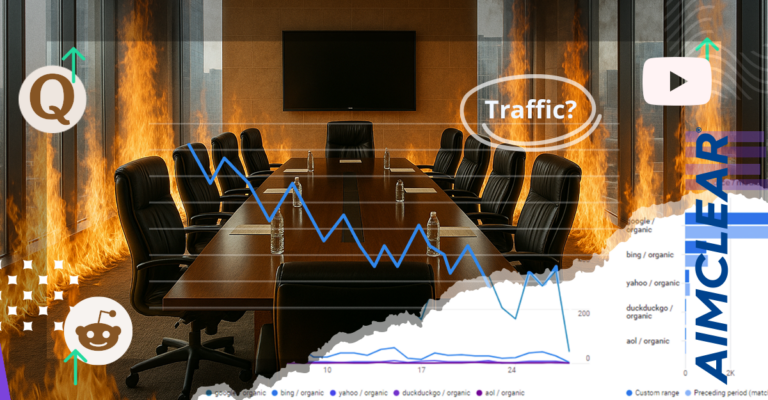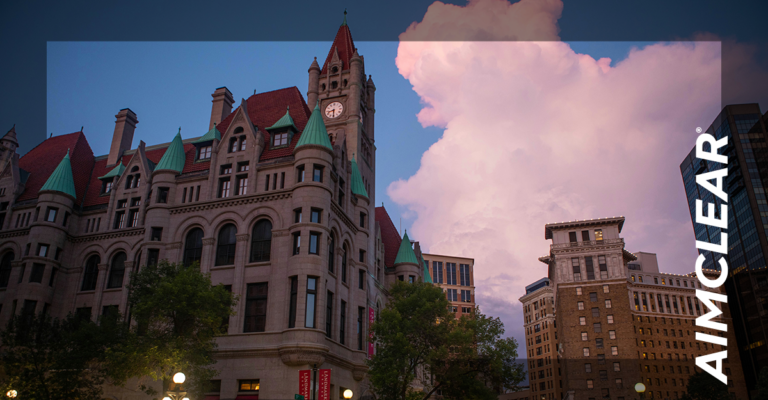Recently spotted in the Facebook News Feed was this sponsored link ad from Facebook Page Coupons & Cabernet.
Leading to this URL, which I’ll leave here in all its kangaroo-tagged glory:
An obvious lead-gen blog post written by a mysterious, yet oh-so-relatable “I” on wikibuy.com/blog.
Checking out wikibuy’s blog, it’s full of types of “blogs” you see all over Facebook – promotions that look like third parties singing the praises of a money-saving Internet “hack.” You’ve likely seen other extensions do this. Honey comes to mind.
Back to the Facebook Page that actually spent money promoting this crappy content…
Coupons & Cabernet was started November 21, 2017, posted just enough content to give the audience a taste of what they’re about, and hasn’t been an active page since. Yet, it’s actively promoting wikibuy.
So what is this page all about?
Self-categorized in Facebook Pages as: Blogger, it claims to be a “blog featuring lifestyle hacks, money-saving tips, recipes, DIY projects and more.”
Sure.

There are also a handful of other pages liked by people (fake accounts?) similar to Coupons & Cabernet followers, all similarly vague and geared toward travel and style.
Weird.
Nomad Points and Backpacks & Back Roads were also started November 21, 2017. Nomad’s last post was November 21 – just like Coupons & Cab, while Backpacks posted until November 29 before giving it up. The Velvet Sage Page (admit it… kinda rolls off the tongue, doesn’t it?) has a similar set up: Started December 6, 2017 and hasn’t posted a thing since.
No doubt each of these Facebook Pages is actively pimping trashy wikibuy blogposts under the guise of helpful, third-party influence (read: benign and seemingly impartial).
Poking around Velvet Sage’s Page, I spotted another similar page enticingly titled Life on Lattes. At first glance, the latte page appears as equally general, bland, and community-baiting as Coups & Cab, Nomad, Backpacks, and Velvet Sage, but they ” in comparison to Life on Lattes ” are total amateurs. Downright lazy.
Life on Lattes shills social media BS, but community-baiting posts ” funny GIFs, puppies, memes, videos, you get it ” have probably reaped better rewards, financially speaking, as it actually garners decent engagement from its budding, buzzing community of 9K+.
To its credit, the lifeonlattes blog has unique blog posts “albeit paltry, like a piece on “magical food” which is simply six embedded Instagram posts of colorful, sparkly food; and a 251-word blog on Cauliflower’s “major” moment. Clearly a charade to promote the Honey extension behind the guise of apparent impartiality.
Nefarious Ends
Both of these browser extensions not only act as affiliates, they also monitor consumer browsing and purchase habits (not shocking for this crowd).
Think beyond spammy Facebook ad practices, this is an insidious tactic (one Facebook and other social channels make too easy), which could be used to purport blasphemous, click-baiting propaganda.
Full disclosure ” I floated a similar idea to some at AIMCLEAR early last year: benign-seeming Pages and Groups that essentially shared a lot of general or verticalized (think B2B, Moms, Travelers – verticals aligned with a brand’s psychographic personas) BS that users tend to just eat up and engage. Combine just enough snark to comment-bait (Goal: earn regular engagement for cheaper promotion) to reap its reward via cheap(er) sponsored posts and more creative freedom. After all, it’s not the brand making these radical claims or posting stupid memes and GIFs.
We never ended up doing anything of the sort (really), but in light of the 2016 US presidential election with myriad fake profiles, pages and groups abundant in all social channels sowing seeds of doubt, misinformation, and general division ” whether you believe it had an effect or not ” it was clear people would believe and spread the word if it was exciting enough.
Evidently others saw it too.
We are not talking about a new strategy ” building a social community online. The new part of this strategy comes from tapping into three elements of the new zeitgeist:
- consumers’ prickliness and skepticism toward messages straight from a brand vs a trusted (or even semibarely-trusted) third parties,
- the power of influencer marketing ” even if it’s totally fake,
- both Facebook’s News Feed algorithm and its ad auction algorithm, which for better or worse rewards hyperbole, hot-button issues, and incendiary propaganda.
And therein lies the real problem for Facebook. Not only with these silly, spammy pages set up to promote extensions, but the ease in creating Pages and Ad accounts for the sole purpose of appearing to be an unbiased source promoting a brand’s content. Replace “brand” with a political party, candidate, or lobbying institution and one’s mind can spiral into possibilities of manipulation.
It’s such a counter-brand strategy.
It’s the strategy you use when you don’t have a brand (yet).
Or, it’s the strategy you have when the brand speaks and the audience boos.
In the end, Facebook’s discarded and inactive pages are like their cluttered, dirty basement. Understandably ” in light of everything else going on ” Facebook probably just doesn’t have the time to deal with this particular issue. In reality, Facebook must face this spammy problem head on, because it has facilitated (some of) the heat they’re currently under.
